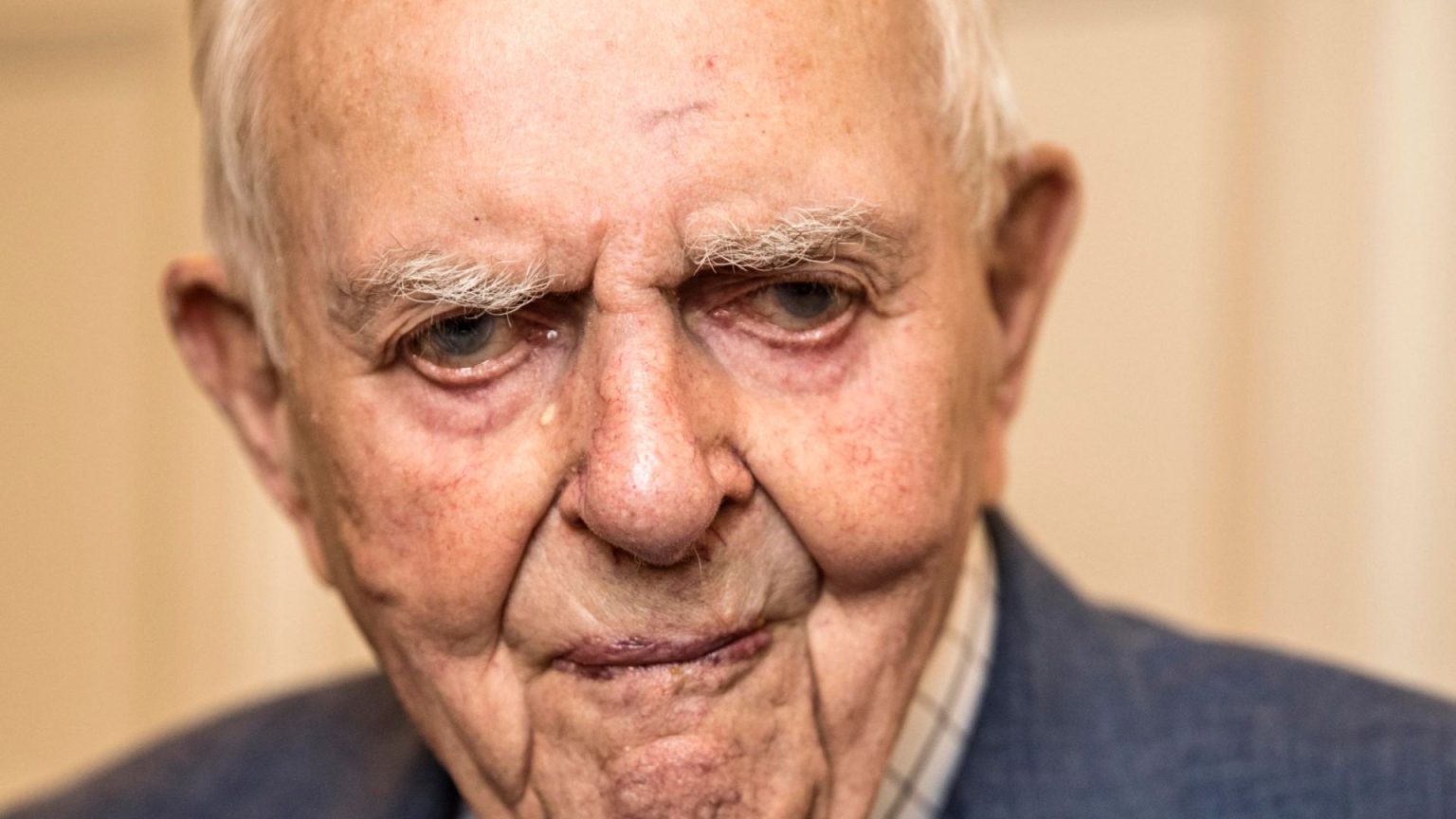Major Michael “Mike” Sadler, the last surviving founding member of the elite Special Air Service (SAS), left a legacy that extended far beyond his considerable £1.8 million fortune. His life, spanning over a century and culminating in his passing in January 2023 at the age of 103, was a testament to courage, ingenuity, and dedication to his country. From his pivotal role as the SAS’s chief navigator during World War II to his post-war work with MI6, Sadler’s contributions to British military history are indelible. His life story, recently dramatized in the BBC series “SAS Rogue Heroes,” captured the public imagination, reintroducing a generation to the daring exploits of this clandestine unit. Sadler’s estate, now held in trust, will benefit his daughter Sally, his brother-in-law’s family, and designated charities, ensuring his legacy continues to support both family and worthy causes.
Sadler’s wartime service was marked by extraordinary acts of bravery and tactical brilliance. As chief navigator, he relied on his expert knowledge of celestial navigation, using the sun and stars to guide the SAS through treacherous terrain and execute daring raids behind enemy lines. One particularly audacious operation in December 1941 saw Sadler and a small team infiltrate the German-held Wadi Tamet airstrip in Libya, destroying 24 enemy aircraft and significantly disrupting Axis operations. Later, following the D-Day landings in 1944, he parachuted into occupied France, contributing to the Allied advance and further solidifying his reputation as a highly skilled and resourceful operative. His wartime contributions earned him the Military Cross, a testament to his courage under fire and unwavering commitment to duty.
Beyond his wartime exploits, Sadler’s life continued to be marked by service and adventure. His post-war involvement with MI6 further underscores his commitment to national security and his ability to operate in high-stakes environments. His legacy also extends to the realm of exploration, with a part of the Antarctic named in his honour, a fitting tribute to a man who navigated the world’s most challenging terrains. Even in his later years, residing in a nursing home near Cambridge, Sadler maintained a sharp mind and a dry wit, as evidenced by his encounter with actor Tom Glynn-Carney, who portrayed him in “SAS Rogue Heroes.” Sadler’s downplaying of the complexities of navigation, despite his own blindness at the time, speaks volumes about his humility and unwavering spirit.
The BBC series “SAS Rogue Heroes,” which brought Sadler’s story to a wider audience, served as a poignant reminder of the sacrifices and ingenuity of the men who formed the SAS. The series highlighted the unconventional nature of the unit, its emphasis on unconventional warfare, and its willingness to take risks that conventional forces would avoid. Sadler’s meeting with Glynn-Carney, bridging generations and connecting the historical reality with its on-screen portrayal, added a layer of depth and authenticity to the series. The actor’s admission of the challenges in portraying a master navigator was met with Sadler’s characteristically understated humour, further solidifying the image of a man who faced extraordinary challenges with remarkable composure.
Sadler’s reflections on his wartime experiences offer a unique perspective on the realities of conflict. He distinguished the SAS’s operations from the large-scale tank battles, recognizing the inherent dangers in both, but highlighting the unique nature of the SAS’s missions. He acknowledged the “exciting and frightening” aspects of his service, providing a glimpse into the psychological toll of operating behind enemy lines and the constant presence of danger. His words serve as a valuable historical record, reminding us that the narratives of war are not merely tales of adventure, but also testaments to human resilience and the enduring impact of conflict on those who lived through it.
The passing of Major Mike Sadler marks the end of an era, the closing of a chapter in the history of the SAS. His life, however, continues to inspire. His legacy of courage, innovation, and unwavering service will resonate with future generations, reminding us of the extraordinary individuals who shaped the course of history. His story serves as a powerful reminder of the importance of remembering and honoring those who served, particularly as we approach significant anniversaries like VE Day and VJ Day. The Royal British Legion’s call for World War II veterans to share their stories reinforces the importance of preserving these personal accounts, ensuring that their experiences and contributions are never forgotten.










